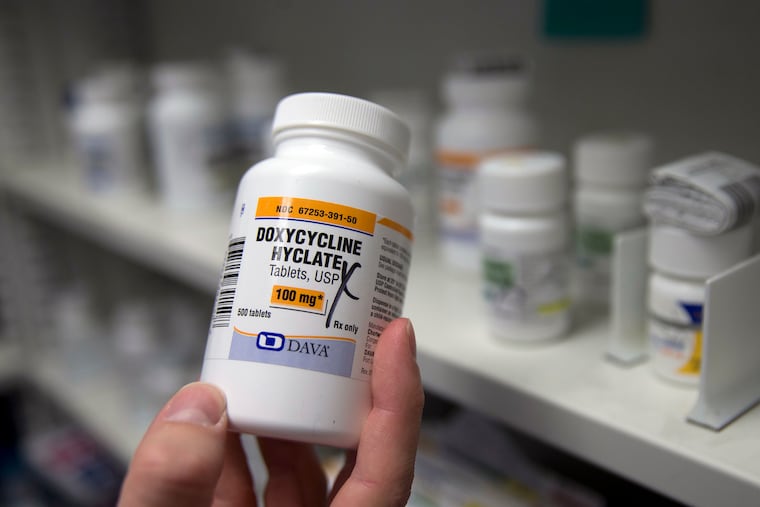Your doctor may ask questions when you ask for antibiotics, and that’s a good thing | Expert Opinion
When I advise against an antibiotic, I’m trying to follow proper evidence-based treatment guidelines for responsible prescribing.

In the pre-vaccination phase of the COVID-19 pandemic, my requests from patients for antibiotics for upper-respiratory tract infections were at an all-time low. Most conversations around such symptoms as fever, cough and sore throat centered around determining whether it was COVID-19 or not.
When COVID-19 testing was negative, which brought much emotional relief, most cases resolved on their own. In recent weeks, the trend has reversed, and I am hearing more requests such as this one from the other day:
“Doc, I have a sore throat and congestion. I had my COVID-19 vaccines, so do you think you can just call in an antibiotic?”
When your doctor’s response, like my own, is, “Let’s talk a little bit more about your symptoms and see whether an antibiotic is really needed,” you may feel disappointed and a little frustrated. What gives? It has worked fine before, so why won’t the doctor simply call in the prescription and get the healing process started?
The answer is twofold. First, the great majority of respiratory tract infections in adults are viral in origin, and antibiotics work against bacteria, not viruses. Viruses tend to run their course, and are best treated with supportive measures such as fluids, fever reducers and rest. Bacterial infections tend to localize to a specific body area and produce pus. Distinguishing viral and bacterial causes from one another can sometimes be challenging, often requiring a culture or biopsy to confirm the cause.
The second, and more important issue is the ongoing serious public health hazard of over-prescribing antibiotics. You have probably heard of the current concern about COVID-19 variants, and there is intensive ongoing research to determine whether the COVID-19 vaccines currently available protect against mutations of the virus. When doctors over-prescribe antibiotics, we are creating resistant bacterial “variants” that are very difficult to treat.
Many patients already struggle with serious bacterial infections that no longer respond to standard antibiotics. Unless we are more selective in our antibiotic prescribing, we may someday be left without treatment options for these resistant infections.
In the event that your doctor says that an antibiotic is not required, you may find yourself replying, “But last time, I received a five-day antibiotic course, and it did the trick. I felt better after I finished the medication.” In truth, you may have improved after five days anyway, without the antibiotic. This is around the time it takes for a viral infection to resolve on its own. When I advise against an antibiotic, I’m trying to follow proper evidence-based treatment guidelines for responsible prescribing.
The key is to be sure you have been thoroughly listened to and your symptoms are clearly understood. Some doctors will even repeat back a brief summary of your symptoms to you, to be sure they have it right. Make sure you have a reliable way to contact the office if your symptoms change or worsen, as this may require a change in treatment.
The COVID-19 pandemic has ruthlessly demonstrated the grave danger of an infection with limited treatment options. Resistant bacterial infection resulting from unnecessary overuse of antibiotics can also be catastrophic. The best approach to respiratory tract infections is one where you and your doctor work together and agree on the most appropriate and responsible treatment, and have a clear follow-up plan. You will help yourself get well, and ensure that others have a chance to get well in the future.
Jeffrey Millstein is a primary-care physician and regional medical director for New Jersey and Bucks County practices of Penn Primary Care.